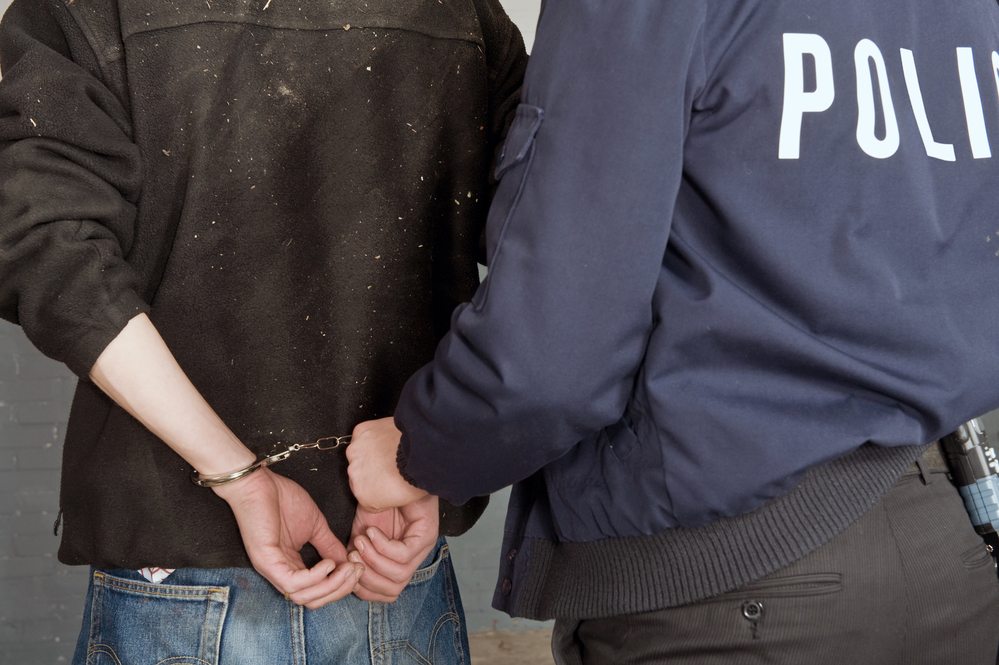Juvenile crime defense lawyer, serving Orange County, Riverside County, and San Bernardino County
Having your child detained by the police for committing a criminal offense is a terrible feeling.
You may experience emotions ranging from fear for your child’s safety to feelings of guilt for having not been a “good parent.” Apart from the emotional upheaval, you have a multitude of questions regarding the juvenile criminal justice system.
If your child has been arrested or charged with a crime, the most important thing you can do for yourself and for your child is to immediately seek the assistance of an experienced juvenile crime defense lawyer to represent your child.
The Juvenile Justice System:
In California, the juvenile justice system differs from the adult justice system in a number of ways.
The seriousness of the offense determines whether or not the police elect to place your child in custody and refer the case to juvenile court.
The officer may address minor offenses by detaining your child, warning against further violations, and releasing him or her to your custody. In this case, a juvenile crime defense lawyer may not be necessary.
If the offense is serious enough for referral to a juvenile court, the intake officer will decide whether to:
- Dismiss the juvenile offense;
- handle the juvenile offense informally; or
- file a formal petition detailing the allegations against your child.
Informal Resolution of Juvenile Offenses:
If the matter proceeds informally, the child appears before either a juvenile probation officer or a juvenile judge. A juvenile crime defense lawyer should be present at your child’s appearance. The outcome of informal proceedings may include:
- a stern lecture;
- mandatory counseling;
- mandatory community service;
- payment of restitution to a property owner; and/or
- probation.
Any of these informal outcomes are preferable to formal adjudication in juvenile court.
The goal of a skilled California juvenile criminal defense lawyer is to seek an informal resolution of the case.
Formal Charges for Juvenile Offenses:
Within the state, when a juvenile criminal offense is serious enough to warrant a formal petition, the child is formally charged before a juvenile court judge or a referee; consequently, it is imperative that your child be represented by an experienced juvenile crime defense lawyer.
The Process:
- After a formal petition is filed, the juvenile court will decide whether to take jurisdiction of the case or schedule a “fitness hearing” in which the prosecutor argues that the facts and circumstances warrant trying your child as an adult. The court will make this decision based on the seriousness of the crime and your child’s personal characteristics.
- The argument will be made to keep the case in juvenile court.
- If the case is kept in juvenile court, your child may enter into a plea agreement by pleading guilty in exchange for reduced charges.
- If no plea agreement is offered or reached, the case may be scheduled for “adjudication” (a juvenile trial).
- If the matter proceeds to adjudication, the juvenile judge may “sustain the petition” (convict your child of the offense).
- After conviction, the juvenile judge will determine the “disposition” (the equivalent of sentencing in adult court). A disposition in juvenile court might include anything from:
- periodic monitoring by the court;
- placement in a juvenile group home; to
- placement in the juvenile division of the California Department of Corrections and Rehabilitation (CDCR).
If your child is facing the juvenile justice system, it is absolutely critical that you seek out and hire an experienced juvenile crime defense lawyer to represent him/her in court.
Call Wohl Criminal Defense at 855-457-8529 today to schedule a free consultation.

